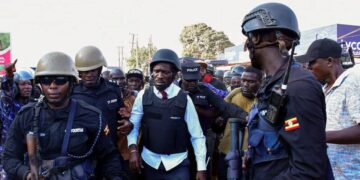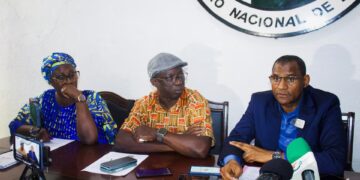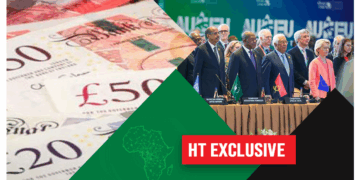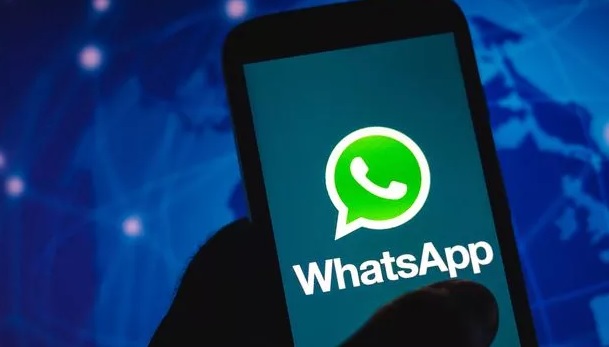Sudan’s telecommunications authority announced Sunday it will disable voice and video call functions on WhatsApp starting next week, citing security risks amid the country’s ongoing conflict. The controversial decision will severely disrupt communication for millions in the war-torn nation where internet services remain patchy across conflict zones.
The Telecommunications and Post Regulatory Authority stated the ban takes effect Friday as a “precautionary measure against security threats,” while assuring text messaging and group chats will remain operational. The move comes as infrastructure damage has already crippled regular mobile networks across Darfur, Kordofan and other regions, leaving WhatsApp as a critical lifeline for many civilians.
For Sudan’s global diaspora, the restrictions deliver another painful blow. Families relying on WhatsApp’s affordable video calls to maintain connections across borders now face expensive international calling alternatives. The regulator acknowledged the hardship in its statement, appealing to citizens’ patriotism while offering no timeline for restoring services.
This unprecedented platform-specific censorship aligns Sudan with regional neighbors like the UAE, where VoIP restrictions have long been enforced. Digital rights advocates warn the ban could further isolate vulnerable populations while failing to address the security concerns cited by authorities. With no functional alternatives proposed, the decision risks deepening communication blackouts in areas already struggling with war-related service disruptions.
The announcement follows months of deteriorating telecom services across Sudan, where activists have increasingly relied on encrypted messaging amid conflict-related censorship. While the regulator promises normal text-based WhatsApp functions will continue, the voice call ban removes a vital channel for civilians coordinating humanitarian needs and documenting rights abuses in inaccessible regions.



































